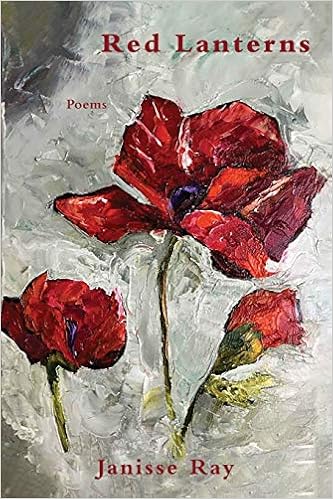Reviewed by John Krieg
Wild Spectacle: Seeking Wonders in a World beyond Humans
by Janisse Ray
Trinity University Press.
From the swamps of America’s southeast, to the forests of
Montana, to the still untrammeled wilderness areas of Alaska, south of the
border to mainland Mexico and the governmentally protected rain forests of
Costa Rica, Ray relentlessly searches
for the wild places and brings back the tragic story: they are fast
disappearing. She laments that she was
not born of another time, the time before European contact in America. A time when the vastness and diversity of nature
ruled and humanity, us, Homo sapiens was just another species in the grand scheme
of things, living amongst the other species; no better, no worse, just another
creature struggling to survive.
These are stories of innocent vulnerability intertwined
with strands of uncommon strength; intricately woven tales encompassing equal
measures of magic and passion. They
speak of what is still out there if you’re astute and bold enough to notice it. What does it mean to still be wild? It means to realize that nature is bigger
than you. That nature doesn’t need you. Wildness puts humanity in its place. Wildness
is awe. And, as she so eloquently states,
where nature is still undisturbed, unadulterated, and unmolested it is still
wild, it is in fact a wild spectacle:
I have, in my luckiest moments, lived heart-pounding
moments of wild spectacle (p. x).
Her essay about swimming amongst the manatees in the
Crystal River of Florida is not for the hard-hearted. It springs forth with kindness and the
essence of love – acceptance and tolerance of something different than
ourselves. These docile creatures, their
backs sliced and scarred by the props of
the motorboats of the callous and uncaring so-called apex species deeply moved
her. She communes with a mother manatee
and her calf:
Then I hear the manatee mother speak. She is beseeching me. “You must help us,” she says. “You must help us.”
I hear her distinctly: “You must help us.”
She turns, blows at the surface, nudges her baby, and
sinks away, back into the descension of the primitive river bottom. Something rises in me that has been rising
for a long time, and I break into the sentient air, dizzy, trembling, and blind
with love (p. 142).
This woman has courage.
Not the brazen reckless courage of the braggart or the fool, but the
calculated courage of knowing the risks and the odds against succeeding and
fighting through those misgivings and taking them on. She will write grants, volunteer her labor,
accept the kindness of likeminded nature lovers to get to the wild places. In the same vein as Annie Dillard before her,
Ray risks all to be in a position to write, to be able to go to where the story
is. She blocks out the white noise of the
manmade world to better interpret the wild one, the one which she prefers. A world that she wants to share with those
astute enough to understand that it has always been there and could be
again. In her acknowledgements, which
she terms “gratitude” she says as much:
My greatest desire is to enliven our culture,
cultivating and spreading ideas about a world beyond violence and destruction,
a wild and inclusive world, a world that is at our fingertips; and to offer the
possibility of transformation. I thank
those who keep their hearts open to all life (p. 194).
Janisse Ray is a marvelous contradiction of inherent grit versus raw emotion. This woman, tough as nails, is easily given to weeping over natural beauty, beauty rapidly disappearing, beauty lost. If that isn’t worth crying about, what is?
Click here for more information about Wild Spectacle
Also available:
Red Lanterns: Poems by Janisse Ray
Click here for more information about Red Lanterns

Thank you for this wonderful review.
ReplyDelete